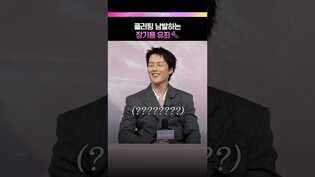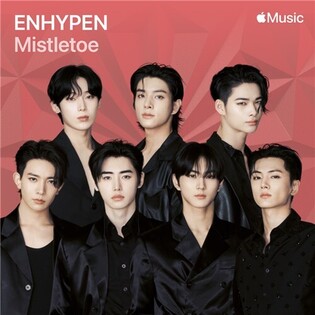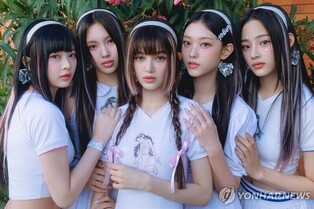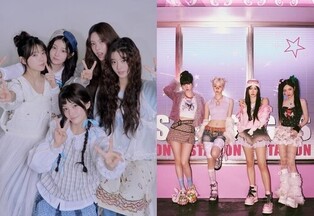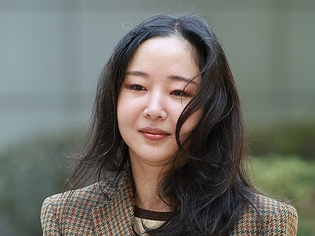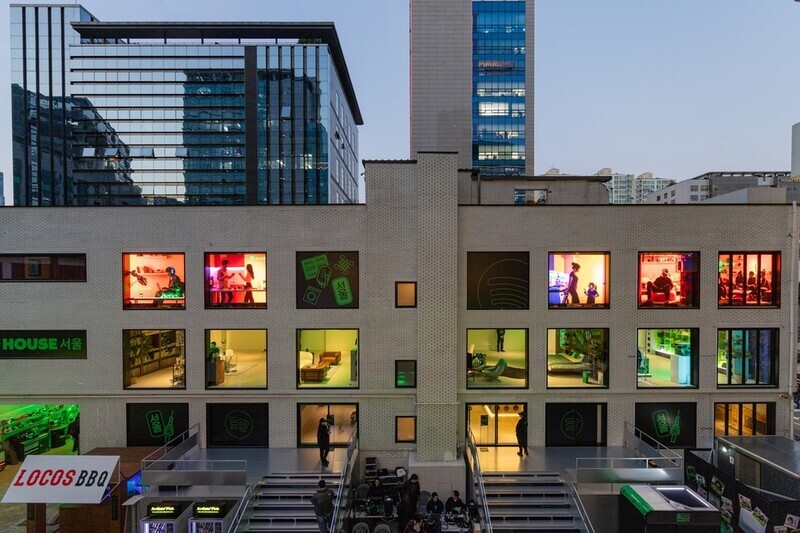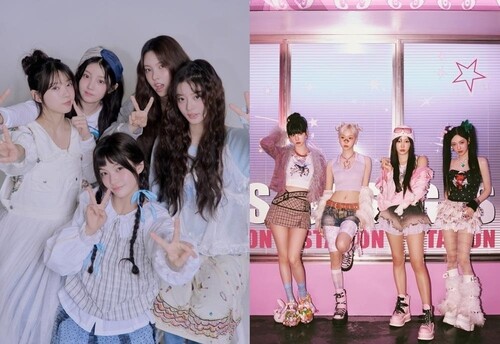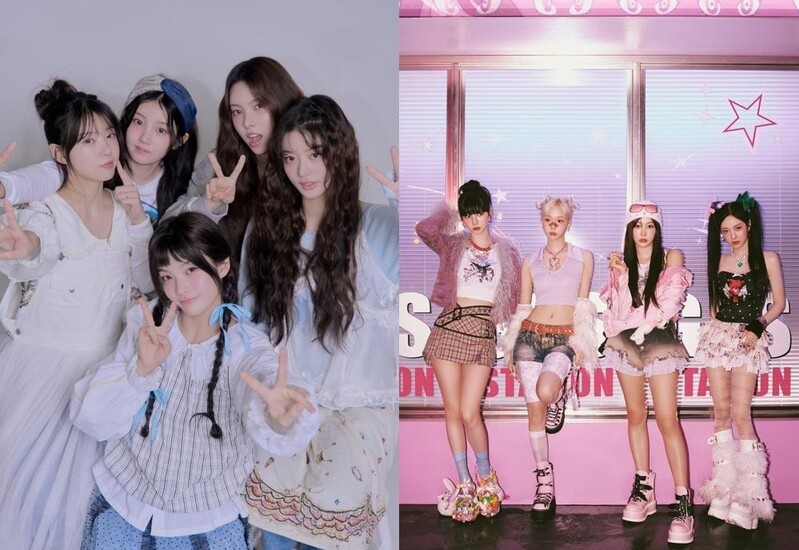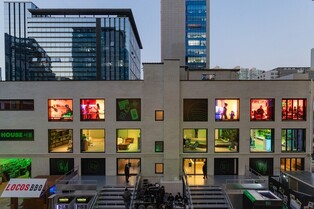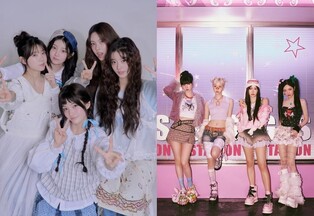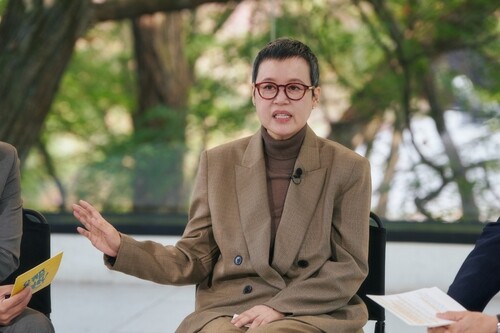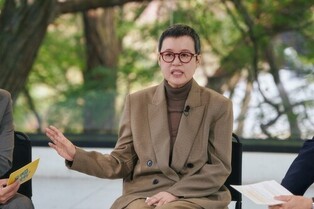dailies-editorials (2)
(EDITORIAL from Korea Times on Nov. 14)
If Trump returns
: Seoul should devise diplomatic plan B
The U.S. presidential election is a year away.
Most polls show if the election took place today, former President Donald Trump would win.
Of course, one year is a long time in the U.S. political calendar or that of any other country. Numerous variables will lurk in the primary processes of the two major parties. International situations will also play a part.
Foreigners, including Koreans, find it hard to understand how a politician undergoing four criminal trials for 91 alleged felonies — and counting — can run for a public post, let alone the top job. According to U.S. law, however, Trump reportedly can retake his former title even in jail.
That reminds us of some independence fighters or democracy crusaders in ex-colonies or newly established countries. But it is happening in the U.S., arguably the most advanced democracy. Anyway, Trump "looks terrifyingly electable," as an influential British newspaper said recently. Let's just chalk it up to American exceptionalism.
Talking heads in and outside the U.S. present mixed outlooks about a possible Trump Season 2. Given what Trump himself says now, however, two things appear certain. In foreign trade, severe protectionism will prevail again, as he will slap a 10 percent universal tariff on all imports. In international politics, the U.S. will likely return to relative isolationism. Trump says he will end the Russia-Ukraine war "in 24 hours."
The former president also said that he could have solved North Korea's nuclear crisis, without explaining how, if he had remained on the job. For South Koreans who remember how the summit between Trump and North Korea's Kim Jong-un broke down in Hanoi, Vietnam, in 2019, that seems to be yet another instance of the whimsical politician's bravado. Pyongyang may take it differently, however. A North Korea watcher in Seoul recently predicted Pyongyang would do what it can to get Trump reelected.
The young North Korean leader will find Trump's positive approach more appealing than the U.S. Democrats' strategic patience — or calculated neglect. For different reasons, Trump's non-interventionism might be attractive to authoritarian leaders like Russian President Vladimir Putin.
It will be slightly different for Chinese President Xi Jinping because Trump accelerated Obama's "pivot to Asia" policy. The U.S. will keep China in check no matter who occupies the White House. Some things don't change regardless of changes in political power.
We hope it also will apply to Washington's security commitment to Seoul. It may prove to be right, but at a far higher cost. While in office, Trump called for South Korea to quintuple its defense levy. Money may not solve everything. According to Project 2025, a coalition of conservative groups that wrote a transition paper for a Republican president, South Korea will be urged to defend itself from the North's conventional forces.
The transition paper, led by the Heritage Foundation, urges the U.S. to "not help but strongly encourage" allies to share burdens. Under a new Trump administration, allies will likely be America's debts, not its assets.
Things might go even worse. U.S. President Joe Biden has encircled China with AUKUS, the Quad, and a trilateral alliance with Japan and South Korea. Positively responding to this policy, President Yoon Suk Yeol turned hawkish against North Korea, improved relations with Japan and stuck with Washington at the relative expense of Beijing and Moscow.
If Trump returns, however, the basic premise for all these moves could crumble. Even the Washington Declaration, Yoon's biggest diplomatic attainment that calls for extended deterrence by deploying U.S. strategic assets, could go up in smoke. In the worst-case scenario, Seoul may be excluded from the resumed nuclear talks between Washington and Pyongyang.
Capitals worldwide are already getting jittery as Trump's second term will be more extreme and confusing than the first. That's how major U.S. media outlets summed up the current sentiment. During the U.N. General Assembly this year, German Foreign Minister Annalena Baerbock drew attention by meeting more Republican leaders than Democrats.
We don't know whether the Yoon administration is developing a diplomatic plan B. Certainly, Seoul can seldom afford to remain more relaxed than Berlin. "Trumphobia" may be premature, but preparations are necessary.
(END)
(C) Yonhap News Agency. All Rights Reserved

















